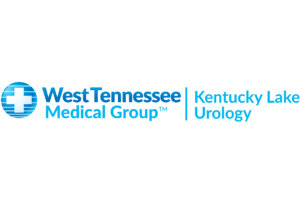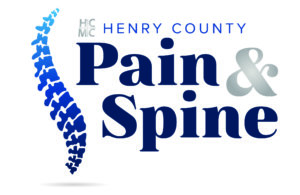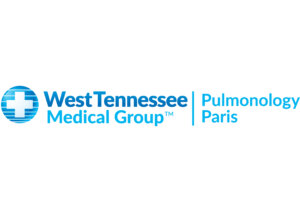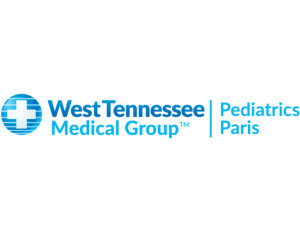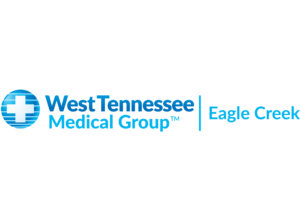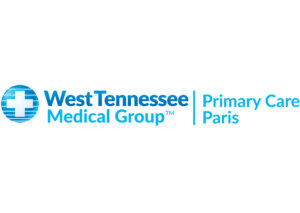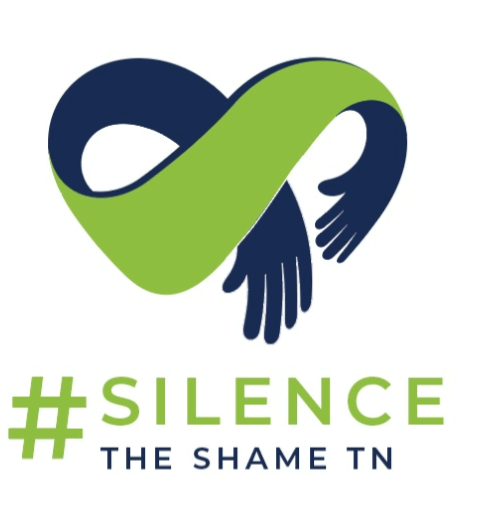
Everyday stress, relationship issues, and economic hardship can take a toll on our mental health. Add to the mix a global pandemic and the isolation, fear, and loss that many have suffered, and it’s not surprising that mental health issues are affecting more people.
The World Health Organization reports that as a society, we are facing increased levels of alcohol and drug use, insomnia, and anxiety during the pandemic, and 67% saw disruptions to counseling and psychotherapy during this time.
According to the Centers for Disease Control and Prevention (CDC), mental illnesses are among the most common health conditions affecting our country. Statistics show that more than 50% will be diagnosed with a mental illness or disorder at some point in their lifetime. Studies also show that one in five children, either currently, or at some point during their life, have had a seriously debilitating mental illness.
Psychiatric and substance abuse disorders that negatively affect an individual’s physical and mental well-being are considered behavioral health issues. They can also include substance abuse, eating disorders and gambling. Unfortunately, nearly two-thirds of those with a mental health disorder don’t seek help, typically because of the stigma associated with these issues.
Providing help for loved ones with mental health disorders can prove challenging for most people. If you have a friend or family member who is showing signs of mental illness or addiction, you can offer support by treating them with compassion and empathy, and reminding them that mental health problems can be treated. Sometimes just expressing your concerns and desire to help, along with helping them with everyday tasks, goes a long way. Continue to include them in your plans, even if you are constantly rejected. Encourage them to seek help and be an advocate for them to help them find help.
Encourage them to talk to their healthcare provider about resources where they can get help. There are also several toll-free, confidential hotlines, open 24/7 with trained resources available. They are:
- National Suicide Prevention Lifeline (1-800-273-TALK) provides 24/7, free and confidential support.
- Tennessee Suicide Prevention Network (TSPN) provides support to help anyone experiencing a mental health crisis at (1-855-CRISIS or 1-855-274-7471). All calls are routed to a trained crisis specialist in your area. You can also text TN to 741741 to connect to the crisis text line.
- The Substance Abuse and Mental Health Services Administration (1-800-662-HELP) is a free referral service that can help you find the resources you need for recovery.
Henry County Medical Center provides mental health services in both an inpatient and outpatient setting. LakeHaven Behavioral Center offers 24-hour inpatient behavioral health care. Paris Behavioral Health offers outpatient services including psychotherapy, medication assessments and management through a partnership with Integrative Health Centers. Call the HCMC Findline at 731-644-3463 for more information about either of these services or go online at www.hcmc-tn.org. Additionally, be sure to check out our “May is Mental Health Awareness” activities on our website and social media platforms.

